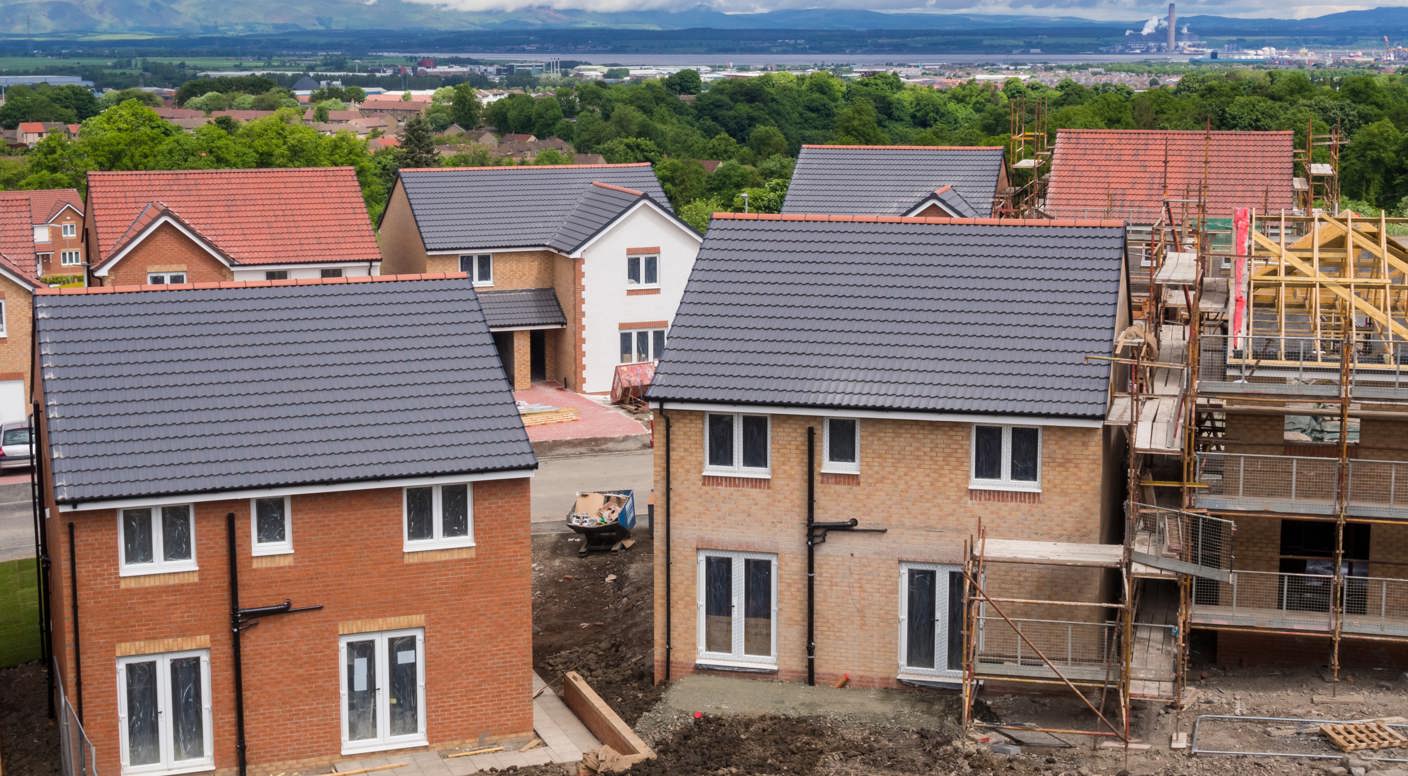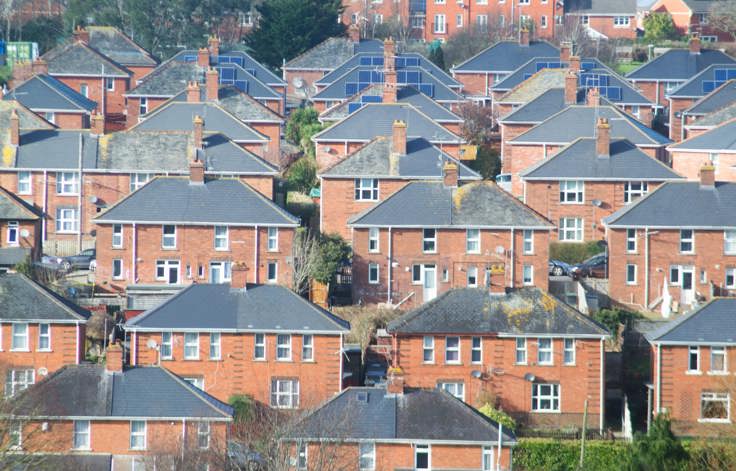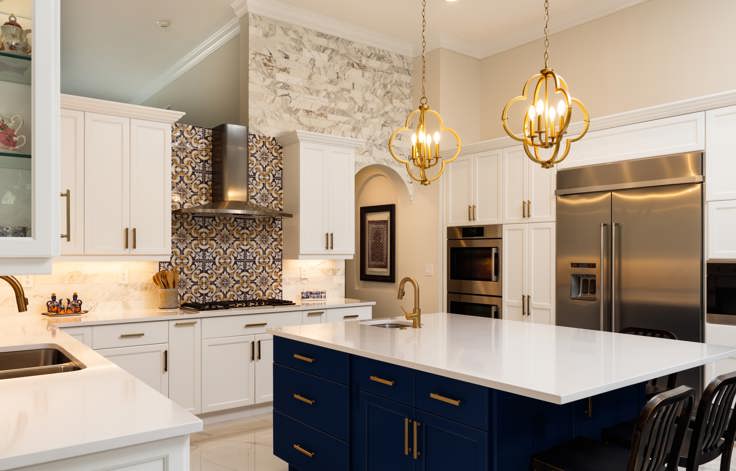An accurate property valuation you can trust
We'll help you to find the value of your property, so you can find a buyer or tenant as soon as possible.
Enter your details below to book a professional appraisal.
Deciding whether to buy a new build or an older property is one of the biggest choices homebuyers face. Each has pros and cons - from charm and renovation potential to energy efficiency and warranties. Our latest guide offers a well-rounded look at both options to help you make the right decision for your lifestyle, budget, and long-term plans.

Pros of Buying a New Build
- Energy efficiency: New homes are built to modern standards, with high levels of insulation, double glazing, and energy-efficient heating systems. This usually means lower bills and a smaller carbon footprint.
- Low maintenance: Everything is brand new, so you're unlikely to need repairs in the first few years. This offers peace of mind, especially for first-time buyers or those who prefer a low-hassle move.
- Warranties: Most new builds come with a 10-year structural warranty and guarantees on fixtures and fittings, protecting you from unexpected costs.
- Incentives: Developers often include extras such as upgraded kitchens, paid stamp duty, or help with legal fees to entice buyers.
- No chain: Buying directly from the developer means there’s no upward chain, reducing the risk of delays.
Cons of Buying a New Build
- Premium pricing: New builds usually cost more than older homes in the same area, and their value may take time to rise, especially in areas where lots of similar properties are being built.
- Size and storage: Many new builds have smaller rooms and less storage space than older homes, due to modern space-saving designs.
- Snagging issues: It’s not uncommon to move into a new build and find minor defects - from sticking doors to plumbing niggles. A thorough snagging inspection is essential.
- Lack of character: New homes can feel uniform or bland to those who value period features, unique architecture, or original details.
- Construction zones: If you move into a development before it’s finished, you may face noise, dust, and temporary roads for months or even years.
Pros of Buying an Older Property
- Character and charm: Older homes often come with features like fireplaces, bay windows, original floors, and high ceilings - details rarely found in new builds.
- Established locations: These homes are typically found in well-established neighbourhoods with mature trees, larger plots, and long-standing communities.
- Bigger rooms: Traditional properties often offer more generous proportions and better storage than newer homes.
- Potential to add value: Renovation and modernisation projects can be a great way to increase a property's value over time, especially if you have vision and patience.
- Immediate availability: Unlike new builds, most older homes are ready to move into without waiting for construction to finish.
Cons of Buying an Older Property
- Upkeep and repairs: Period homes often require ongoing maintenance - from roof repairs to plumbing upgrades - and these costs can add up quickly.
- Energy performance: Unless updated, older homes may have poor insulation, single glazing, and inefficient heating, which can lead to higher energy bills.
- Unexpected issues: Older properties can hide problems like damp, subsidence, or outdated wiring. A detailed survey is essential before you commit.
- Renovation costs: Modernising kitchens, bathrooms, or decor can be expensive, and may involve more work than expected.
- No warranty: You're responsible for any repairs or defects unless covered by home insurance or seller guarantees.
What Should You Consider?
There’s no one-size-fits-all answer. The right choice depends on your priorities and lifestyle. Consider the following before deciding:
- Budget: Can you afford a premium for a new build, or would you prefer to invest in renovations and add value to an older home?
- Time and effort: Do you want a move-in-ready property, or are you happy to take on a project?
- Style preference: Do you prefer modern layouts and finishes, or period charm and character?
- Location: New builds are often in developing areas, while older homes are more likely to be in established neighbourhoods with existing schools, shops, and transport links.
- Future plans: Will you grow your family, need more space, or plan to sell in a few years? Think long-term before you commit.
Both new builds and older properties offer great opportunities - but they come with different benefits and trade-offs. If unsure, speak to a local estate agent or property expert who can help you compare homes in your chosen area and budget range.
Related Posts
UK Rental Market Outlook 2026: National Trends & North West Growth Analysis
Our latest blog post combines the latest data from the Rightmove Rental Trends Tracker, the ONS Private Rental Price Index,…
Most In-Demand Property Features for 2026 Buyers: UK Trends and North West Insights
National data from the Office for National Statistics, the Bank of England and leading property portals such as Rightmove consistently…
Why Coastal Relocations Will Surge Again in 2026: Complete Guide for UK Home Buyers
Across the UK, search volumes for phrases such as "move to the coast", "best coastal towns to live", and "coastal…



